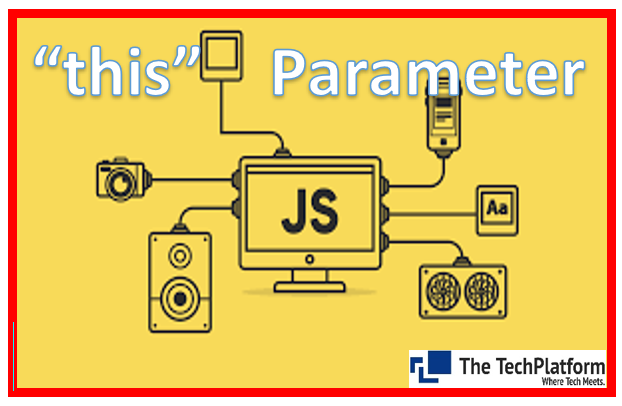Top JavaScript Libraries for Formatting Data and Time
- The Tech Platform

- Oct 11, 2021
- 3 min read
Whether you need to create a calendar, an appointment scheduling system or an interface to integrate different people at different time zones, manipulating time in Javascript is essential the most Javascript applications.

1. Datejs
Datejs is an open-source JavaScript Date Library for parsing, formatting, and processing DateTime objects. It is a wrapper for the built-in JavaScript Date Constructor function with enhanced capabilities. Although the last official release was quite some time ago and has not been updated ever since, it is still a powerful library for formatting date and time. The library is suitable for those that just started learning web development. As long as you have some basic understanding of HTML and JavaScript, you are good to go with implementing it.
2. Moment.js
Moment.js is a lightweight JavaScript date library for parsing, validating, manipulating, and formatting dates. Quite popular in the community, it gets frequent updates and has detailed documentation on how to use it.
3. Luxon
Luxon is another library that makes it easier to work with date and time formats in JavaScript. According to the official documentation, it provides extraordinary features to add, subtract, and parse the date and time into the format you need. Although it borrows quite a lot of ideas from Moment.js, it does have its own advantages that make it stands out from Moment.js:
Luxon’s objects are immutable while objects in Moment.js are mutable. Unlike Moment, Luxon does not require copy constructors or clone methods.
Moment.js uses 0-indexed for months while months in Luxon are 1-indexed.
Localization and timezone are implemented by the ECMAScript Internationalization API instead of by the library itself. It also comes with poly-fill support as well for older browsers.
Luxon has something that are not found in Moment, Duration type and an Interval type . The Interval type is like Twix.
4. Dayjs
Day.js is a minimalist JavaScript library that parses, validates, manipulates, and displays dates and time. It supports most of the modern browsers and the API is similar to that of Moment.js. Nevertheless, as explained in its documentation, Day.js offers further advantages:
It is immutable,
It is a minimalist library of max. 2 KB in size,
Slightly faster and locales will only be included in your build when you use it.
5. Date-fns
Date-fns is a modular DateTime JavaScript library that supports more than 70 locales and provides a simple-to-use method for manipulating JavaScript dates in your web application.
6. Spacetime
Spacetime is a lightweight JavaScript timezone library supporting daylight savings, leap years, and hemispheres. As per the official documentation, one of its most interesting features is that it takes account of quarters, seasons, months, weeks, etc.
7. Ms.js
ms.js is a narrow yet surprisingly useful library that converts various time formats into milliseconds. It also works the other way around, converting milliseconds into human-readable time formats. ms works in both Node.js and the browser.
8. Timeago.js
Timeago is a ~2KB library that performs a specific useful action: converting time formats to present how much time has passed since then. 0 dependencies, and the library also supports localization.
9. Instadate
At “only” 800 stars, Instadate is a small library with a handful of performance orianted features. Instadate is more of a wrapper around the native JavaScript Date than a full on date library. It can run thousands of time and date manipulations per second, and also works with ES5 and ES6.
10. JS-Joda
At “only” 900 stars, JS-Joda is an immutable date and time library for javascript with a domain-driven API based on the ISO8601 calendar. It’s uniqueness lies in the fact that it doesn’t wrap Javascript’s Date object. Instead, , js-joda is a standalone date and time implementation. The library has no external dependancies.
The Tech Platform




Comments